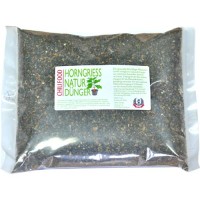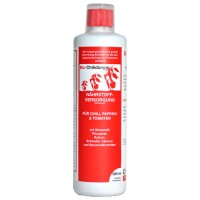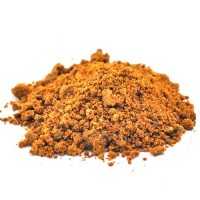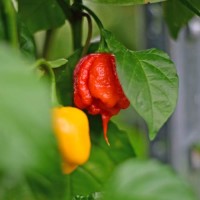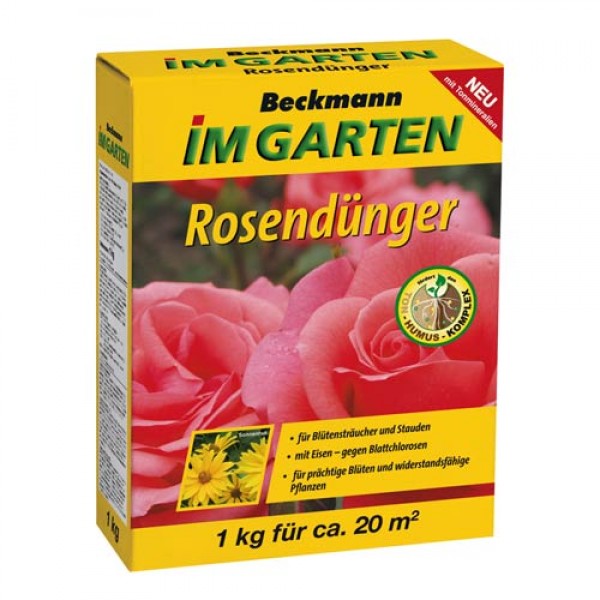
- Order number: 133757
Rose fertilizer
For strong, healthy plants and splendid blossoms Organic-mineral NPK fertilizer 7+5+8 with 2 % magnesium Application rate: 40 - 100 g/m² A healthy soil and the Beckmann rose fertilizer helps your roses and flowering shrubs to natural growth and lush blooms. With all important main nutrients and naturally bound trace elements. This rose fertilizer is made from high-quality organic and mineral raw materials. The phosphate-rich nutrient mixture takes into account the special needs of flowering plants. The addition of iron and magnesium improves leaf color and prevents chlorosis. Chlorosis is yellowing that begins between the leaf veins and is often due to a lack of minerals, such as iron or magnesium. The balanced combination of ingredients ensures a supply of nutrients as needed over several months. The ingredients of this fertilizer activate the soil organisms (e.g. earthworms). These combine organic and inorganic particles with each other. This is called a clay-humus complex. The nutrient salts bound in the complexes are no longer washed out and can be dissolved and utilized by the plant. APPLICATION/DOSAGE For new planting: Stock plants: Spread the fertilizer evenly around the plants and rake it in lightly. Do not apply fertilizer directly and undiluted to the roots. Thorough watering after fertilizing accelerates the fertilizer effect. Provide adequate moisture in the days following fertilization. A heaping tablespoon of rose fertilizer weighs about 15 g, a handful about 40 g. Speed of action: Application period: March to August
Content: 1 kg/20 m² (in carton)
Add 50-100 g of rose fertilizer to the planting soil, depending on the size of the plant, and add sufficient planting humus. Water the roses to be planted well beforehand.
An application of 40-50 g per m² is given to the roses in spring after pruning at the beginning of shoots, approx. in March/April and approx. three weeks after the beginning of flowering, i.e. in June/July, depending on the variety. Larger flowering shrubs receive a somewhat higher dosage accordingly, perennials somewhat less. From August onwards, roses should no longer be fertilized.
During the first growing season, most of the total nitrogen content is released. The remainder becomes available to plants over the next few years through microbial conversion. Phosphate and potassium can be added at 100%.



